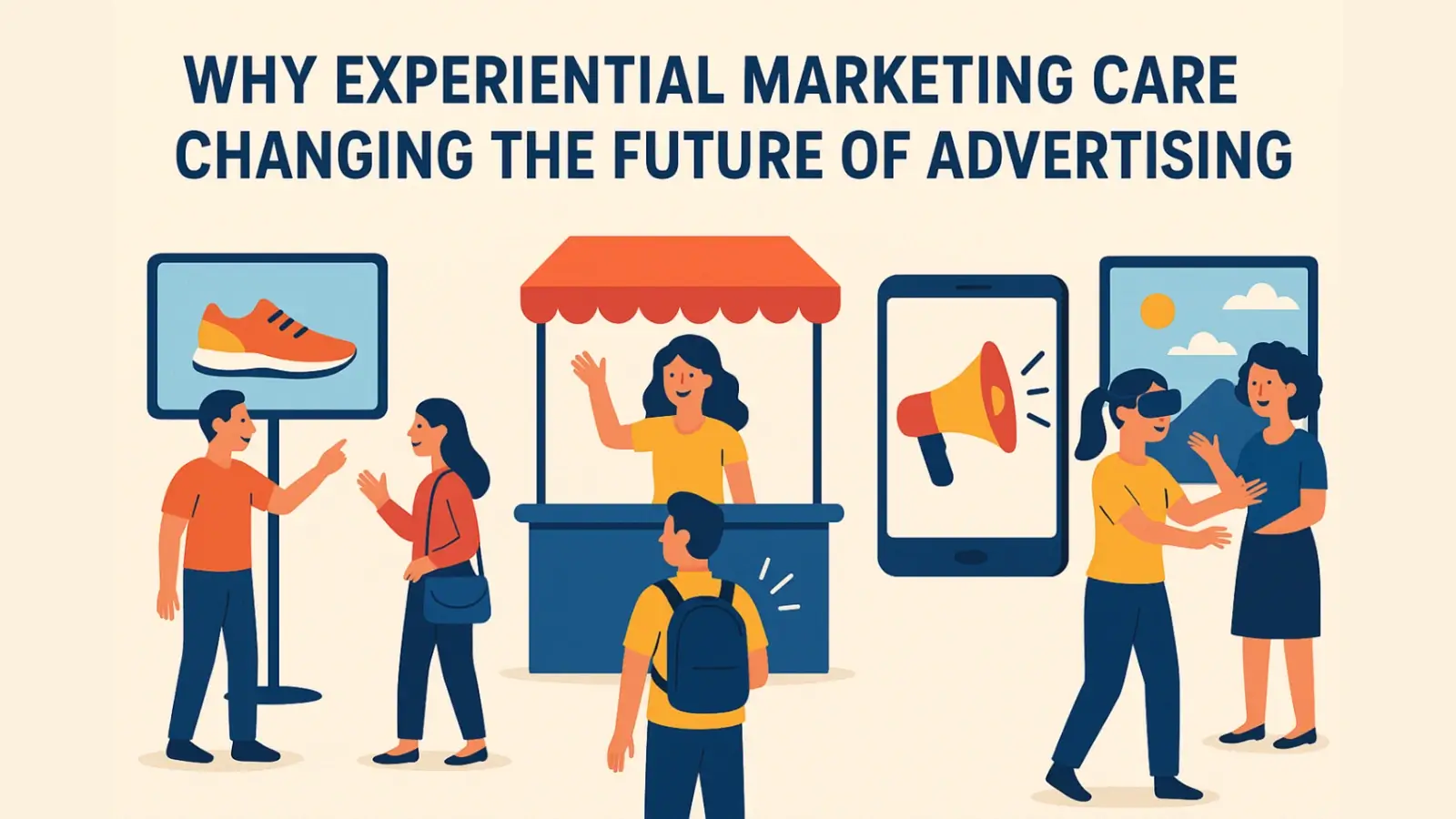


The advertising landscape is evolving rapidly in 2025. Consumers are inundated with digital ads, email campaigns, and traditional media, making it increasingly difficult for brands to stand out. This shift has elevated the role of the experiential marketing agency, which helps brands break through the noise and create real-world, memorable connections with their audiences.
An experiential marketing agency specializes in designing and executing immersive campaigns that place the consumer at the center of the brand experience. Unlike traditional advertising, which relies on passive consumption, experiential campaigns encourage active participation. This direct engagement drives stronger emotional connections, increases brand recall, and ultimately fosters loyalty.
One of the most effective tools in the experiential toolkit is brand activation.
These campaigns bring products or services to life, transforming marketing from a simple message into an interactive, sensory experience. Examples include pop-up activations, mobile marketing tours, branded food trucks, and interactive installations. Each of these strategies allows consumers to engage with a brand in a meaningful way, creating moments they are more likely to share online and remember long after the event.
Experiential marketing companies also excel at creating campaigns that adapt to different markets and audiences. A single activation concept can be tailored to resonate with diverse demographics across multiple cities, ensuring that each experience feels locally relevant while maintaining consistent brand messaging. This flexibility allows brands to test new markets, gather regional insights, and build nationwide awareness through strategically planned tours that maximize impact and efficiency.
The collaborative nature of experiential campaigns also sets them apart. When consumers participate in an activation alongside friends, family, or even strangers, they create shared memories that strengthen their connection to the brand. These communal experiences generate conversation, encourage social sharing, and build communities around the brand itself. The result is a network effect where each participant becomes a potential brand ambassador, organically spreading awareness through their personal networks.
The value of working with an experiential marketing agency lies in its ability to manage the full scope of these campaigns. From concept development and design to permitting, logistics, staffing, and post-event reporting, these companies provide end-to-end solutions that ensure each activation is seamless and impactful. Brands benefit from a partner that understands how to create high-energy, visually striking experiences that resonate with audiences across multiple touchpoints.
In addition to boosting consumer engagement, brand activation campaigns generate measurable results. Event attendance, social media shares, sampling statistics, and direct feedback all provide brands with insights that can inform future marketing strategies. By capturing real-time data and understanding audience reactions, experiential marketing companies help brands refine messaging and strengthen their overall marketing approach.
The rise of experiential marketing also reflects a broader trend in advertising: the shift toward authentic, human-centered experiences. Consumers no longer respond solely to static messages. They seek opportunities to interact, explore, and engage with brands on their terms. Experiential campaigns provide these opportunities while reinforcing the brand's story and values in tangible ways.
As brands look to grow in 2025 and beyond, partnering with an experiential marketing agency is becoming increasingly essential. Through brand activation campaigns, companies can deliver memorable, shareable, and impactful experiences that go beyond impressions and clicks. These activations transform audiences into advocates, creating lasting connections that traditional advertising struggles to achieve.
In a crowded marketing landscape, experiential engagement is the differentiator. By prioritizing brand activation and working with experts who understand how to create immersive experiences, brands can connect with their audience in meaningful, lasting ways that drive results today and build loyalty for the future. The companies that embrace this approach will find themselves not just competing for attention, but earning genuine enthusiasm and advocacy from consumers who have experienced their brand firsthand and emerged as true believers in what it represents.